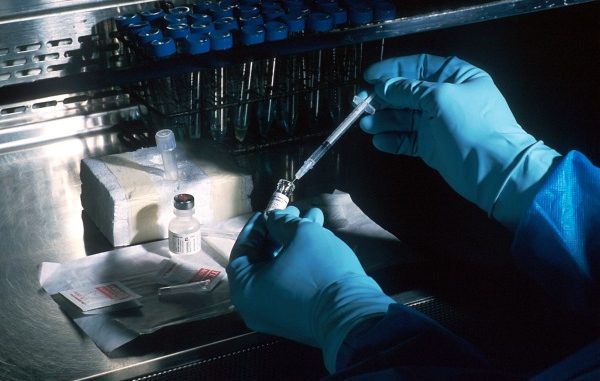
Nine cases of mumps on the SUNY New Paltz campus have been confirmed as of Wednesday afternoon—six of which are being linked to the university’s swimming program.
Campus health officials say affected students have been isolated as long as they remain contagious, and a small number of unvaccinated students have been sent home until Sunday, Nov. 27. The first case was confirmed by Student Health Service on Oct. 15.
As a precautionary measure, the college has canceled the swim team’s meet scheduled for this weekend and have halted the team’s regular practices and workouts until Friday, Nov. 4. Director of Athletics Stuart Robinson said this will allow for time to see if there are any more confirmed cases from other members of the team.
“The state health department indicated that we do not need to close the pool indefinitely and there is minimal risk of transmission,” Robinson said in a statement. “But we have disallowed any current members of the swimming program to serve as lifeguards, participate in general aquatics programming or interface with any of the contracted groups, for the time being.”
Dr. Jack Ordway, director of Student Health Service, confirmed Wednesday that the nine people with the illness had all been previously vaccinated. While the vaccine helps, he said, it doesn’t completely prevent the illness.
Data from the Centers for Disease Control and Prevention (CDC) shows that two doses of the Measles, Mumps and Rubella (MMR) vaccine are 88 percent effective at preventing mumps; one dose is 78 percent effective.
To attend SUNY New Paltz full time, students are required to provide proof of the MMR vaccine or provide documentation of a religious exemption. SUNY and New York State Department of Health policy does not require students enrolled in less than six credits to provide vaccination records.
“The students have done everything right by standards to prevent this illness by getting vaccinated, but it still happened to them,” Ordway said. “We have to all work harder on not sharing utensils, kissing people who may be sick or sharing water bottles. The clearest way the virus is transmitted is through saliva, so being careful to not come into contact with it is one of the most important things.”
Mumps is a highly contagious viral disease, and in some cases, can lead to an array of other complications. Ordway noted that very rare cases of the mumps can result in hearing loss, aseptic meningitis (infection covering of the brain and spinal cord), painful, swollen testicles of males who have reached puberty and inflammation of the ovaries in women who have reached puberty.
Mumps is characterized by fever, headache and swelling of the salivary glands. Other symptoms include fatigue, muscle aches and loss of appetite. The incubation period is 12 to 25 days, Ordway said.
“A specific symptom that will follow fever, muscle ache, headache and fatigue if one has the illness is pain under the ears or jaw,” Ordway said. “That is a reason to come get checked out.”
The Student Health Service encourages students to confirm their immunizations with their healthcare provider and to receive an immunization from the office at no cost if they are not up to date.
Additionally, health officials ask that any students showing symptoms consistent with mumps to visit the health center or call their primary doctor. They also recommend faculty and staff to contact their primary doctor with any similar concerns.
